EFFECTS OF WORD ORIENTATION ON READING
01/29/2020
András Benyhe1, Péter Csibri1
1 Department of Physiology, University of Szeged, Szeged
Although reading is a recent cultural invention, this task apparently has a dedicated neuronal network. The Visual Word Form System (VWFS) is embedded in the ventral visual stream and seems to have inherited many of its structural and functional properties; thus some observations in object recognition are also mirrored in reading. For example at high levels of the ventral stream’s hierarchy, an orientation invariance for visual objects can be seen. It remains controversial though if this also applies to reading tasks and how it affects the VWFS. To unveil these questions we designed a masked repetition priming experiment in which a briefly presented, unconscious prime word is presented prior to a target word that the subjects perform a reading task on. The prime word can either be the same as the target or totally unrelated, thus if processed they can respectively enhance or reduce performance. In our experiment primes were rotated from normal orientation, affecting their readability and potentially the related priming effect as well. In our experiments we recorded reaction times and EEG data to get the behavioral and electrophysiological correlates of the priming paradigm. Shorter reaction times can be seen when priming with the same word as the target, even for extreme prime rotations. Correlated electrophysiological data however show a differrence in EEG activation patterns only for mild rotations, hinting at the limits of the VWF system’s orientation tolerance.
